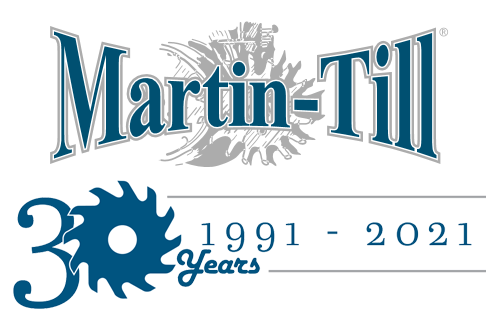Brazilian no-tiller Charles Peeters believes that agriculture is part of the solution to global warming.
He’s already pursuing carbon sequestration on his own farm, where he raises soybeans, corn and cattle. If scientists and the multinational companies that produce agricultural products can help farmers measure their carbon inputs and outputs — with the goal of achieving a balance — it’s quite possible to reach carbon-zero agriculture, Peeters says.
“I really think that agriculture is never the cause and is part of the solution,” he says.
Working to reduce and sequester carbon can help farmers improve their soil, achieve more sustainable operations and increase production, Peeters says. On his own farm, he is aiming for an average harvest of 15 tons of grain per hectare.
“We do a lot of sustainable practices like no-till, crop rotation, integrating crops with livestock, planting cover crops to control nematodes, growing grasses inside the corn, bringing in cattle after the corn is harvested,” he says. “We have a lot of straw to keep the land covered through all the seasons.”
After decades of actively pursuing these practices, Peeters said his fields now contain 4-5% organic matter.
“If you go to the native forest and the native vegetation around us, you will find not more than 3%,” he says. Peeters also protects at least 20-25% of the native vegetation on his land under the Brazilian Forest Code, which seeks to preserve forests in their natural state.
Besides balancing carbon inputs and outputs, farmers can also adopt mitigation measures like installing solar panels, he says.
“Everything we can do to mitigate the carbon emissions we are going to do," Peeters says. "I think that is part of our job — always improving the level of the technologies and the construction of our soils in a healthier way.”
It’s important to Peeters to use good stewardship practices because his father, who died 6 years ago, strongly emphasized the need to protect the family legacy and ensure the land is passed on in better condition than when it was received.
“That means we're always getting better and improving the system,” he says. “We are always looking for the better practices we can do to improve our agriculture and our lands.”
Peeters, who depends on rainfall for irrigation, is particularly focused on improving his soil to make it more resilient and resistant to drought, which in turn increases productivity and supports biodiversity.
“We use a lot of biological products,” he says. “We're trying to use less pesticides and trying to use more selective pesticides. The new chemicals are much more selective targeting only pests, so we think that we are doing the best we can with the chemicals. I use mineral fertilizer, but in part of my area, I try to use organic fertilizers and compost to help biological diversity. All of these things together — with the cover crops, grasses and straw that we put over the soil — can improve our biological microorganisms and the diversity, and that all helps soil health.”
It’s been difficult for Peeters to obtain organic fertilizer in the area of Brazil where he farms, so he’s focusing instead on cover crops.
“Green, live cover crops mean more diverse life,” he explains. “A big challenge is always to show how important and beautiful farming is, and how important is the mission we have to keep producing food for the world,” Peeters says. “So, we need to show how proud we are.”
The No-Till Passport series is brought to you by Martin Industries.
Since 1991, Martin Industries has designed, manufactured and sold leading agriculture equipment across the U.S. and Canada. Known for Martin-Till planter attachments, the company has expanded to include a five-step planting system, closing wheel systems, twisted drag chains, fertilizer openers and more in their lineup. Their durable and reliable planter attachments are making it possible for more and more farmers to plant into higher levels of residue.







Post a comment
Report Abusive Comment